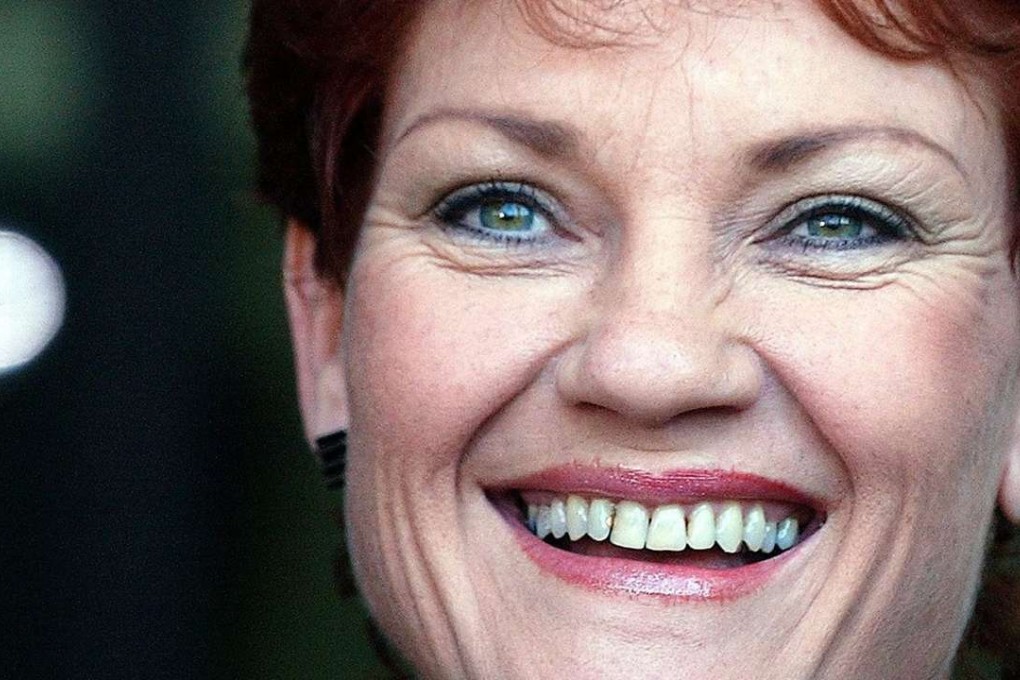Australian PM Malcolm Turnbull finds himself in thrall to right-wingers as independents increase Senate presence
Turnbull called the election to get rid of hostile lawmakers from smaller parties but must now work with even more of them to push through legislation

The party of a divisive right-winger who once claimed Asians were in danger of swamping Australia has won four seats in the nation’s upper house, setting it up as a political kingmaker, official results showed on Thursday.
The conservative government was narrowly returned to power last month, but faces a tough term ahead working with anti-immigration firebrand Pauline Hanson’s One Nation party and other cross-benchers – independents or lawmakers from minor parties.
Counting from the July 2 polls has now been completed for the upper house Senate with Hanson’s party securing four seats and the cross-bench blown out to 11 from eight before the polls.
It is a headache for Prime Minister Malcolm Turnbull who called the election to get rid of hostile lawmakers from smaller parties but must now work with even more of them, needing their votes to push through legislation.

Hanson’s wish list includes a royal commission into Islam and zero-net migration, while she is against foreign ownership of Australian agricultural land. One of her senators Malcolm Roberts on Thursday reiterated his doubts about man-made climate change.
Her party’s rising influence comes as voters opted for change, disillusioned with the ruling conservatives and Labor opposition.